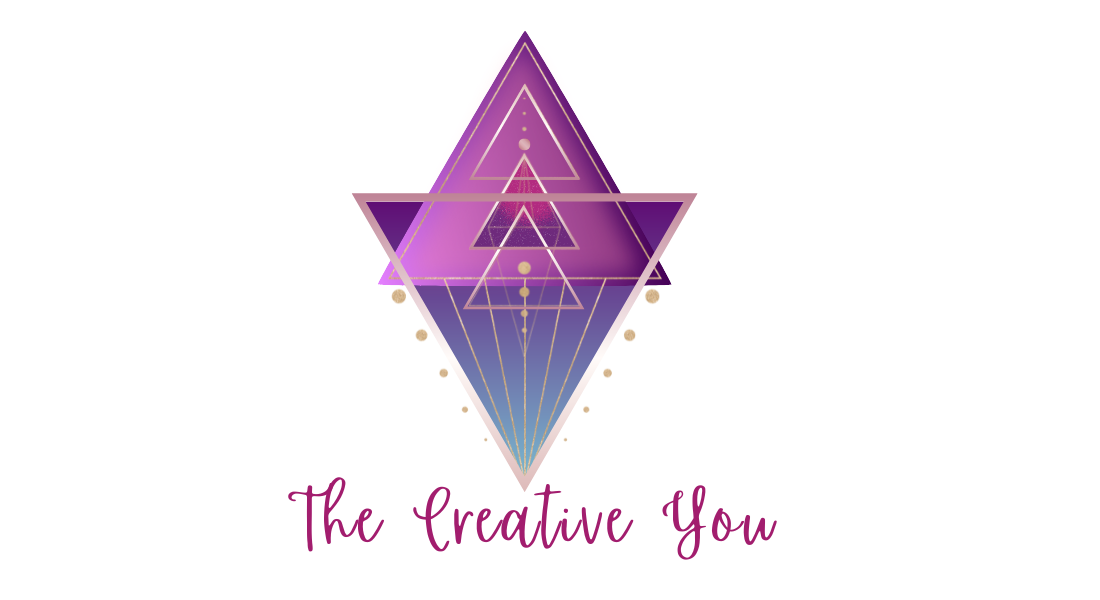What Does It Mean To Be Neurodivergent?
During this podcast episode we are joined by Katrina E. Lawrence who is a podcaster, artist, writer and TikTok creator - her work is centered around neurodivergence and her own journey with a late diagnosis of ADHD and Autism. She’s truly an inspiration and is helping thousands of people understand themselves better by talking openly about herself and the challenges she’s experienced along the way. Here are some of the key discussion points:
WHAT DOES IT MEAN TO BE NEURODIVERGENT?
Katrina had experienced so many signs and symptoms over the years, however she had never been diagnosed with anything because she used masking. She discusses what masking is in more detail and shares that one of her biggest masks was her usage of alcohol. She was diagnosed later on in her life with ADHD and Autism.
Katrina explains that self-preservation is behind masking. Knowing what it is and having the power to utilise it or drop it is so important - and understanding that you will probably experience burn out when you’ve had to mask.
She explains that we are always going to have to mask (and everyone does it including people that are neuro-typical). You might find that some people, you don’t have to mask around and other people you do. What’s important to remember is you can create pockets in your life where you don’t have to mask and can be authentic.
Life can be so difficult to manage and people create coping mechanisms all the time. That’s why it’s so important to get the information out there - especially in terms of addiction. Katrina believes there is a massive link between having a diagnoses and self-medicating (addiction to alcohol or drugs).
It’s not easy to get a diagnoses and can take such a long time. Unfortunately, diagnostics are based on archaic male-centric data because that was all that was collected. It’s not the specialists fault if they don’t have the data to support making a diagnoses. This also brings up another problem that Kat explains to us which is the difficulty of getting support from the family and not being believed or validated. You may present them them with your symptoms, but because family members are already doing it or have the symptoms and they are ‘fine’, they don’t believe there’s a problem. They don’t always want to go down that road as consequently it may prove that they also would be diagnosed.
The good news is that coping mechanisms are now being recognised as symptoms which is a breakthrough. These things that you thought made you feel wrong or shamed for thinking it - the power of someone else saying - not only do I completely understand where you’re coming from but I have ways of dealing with it. Ways to switch out damaging coping mechanisms with more positive ones.
Katrina explains that people’s brains work differently with Autism and ADHD - they are wired differently. Since lockdown more and more people have started to share online, which has ultimately seen a rise in diagnoses or at least recognising the signs and symptoms.
Katrina talks about difference between an autistic shut down and a melt down. She shares a few techniques she uses when she feels a shut down coming that actually prevents her from having a meltdown - it doesn’t then get to that stage. Meltdowns essentially expel energy and shut downs conserve energy. Noticing it in your own body and what the common signs are can be extremely helpful.
More and more people are not fitting into the structures of the world, the systems placed in our world. We live in a consumerism and capitalist world where it’s all about productivity. All of our structures and systems in place have been built to support that. If we want to see a change, we need to look at our education models and start there.
To find out more about the incredible work that Katrina does, you can find her on Instagram here: Katastrophica or on TikTok.
